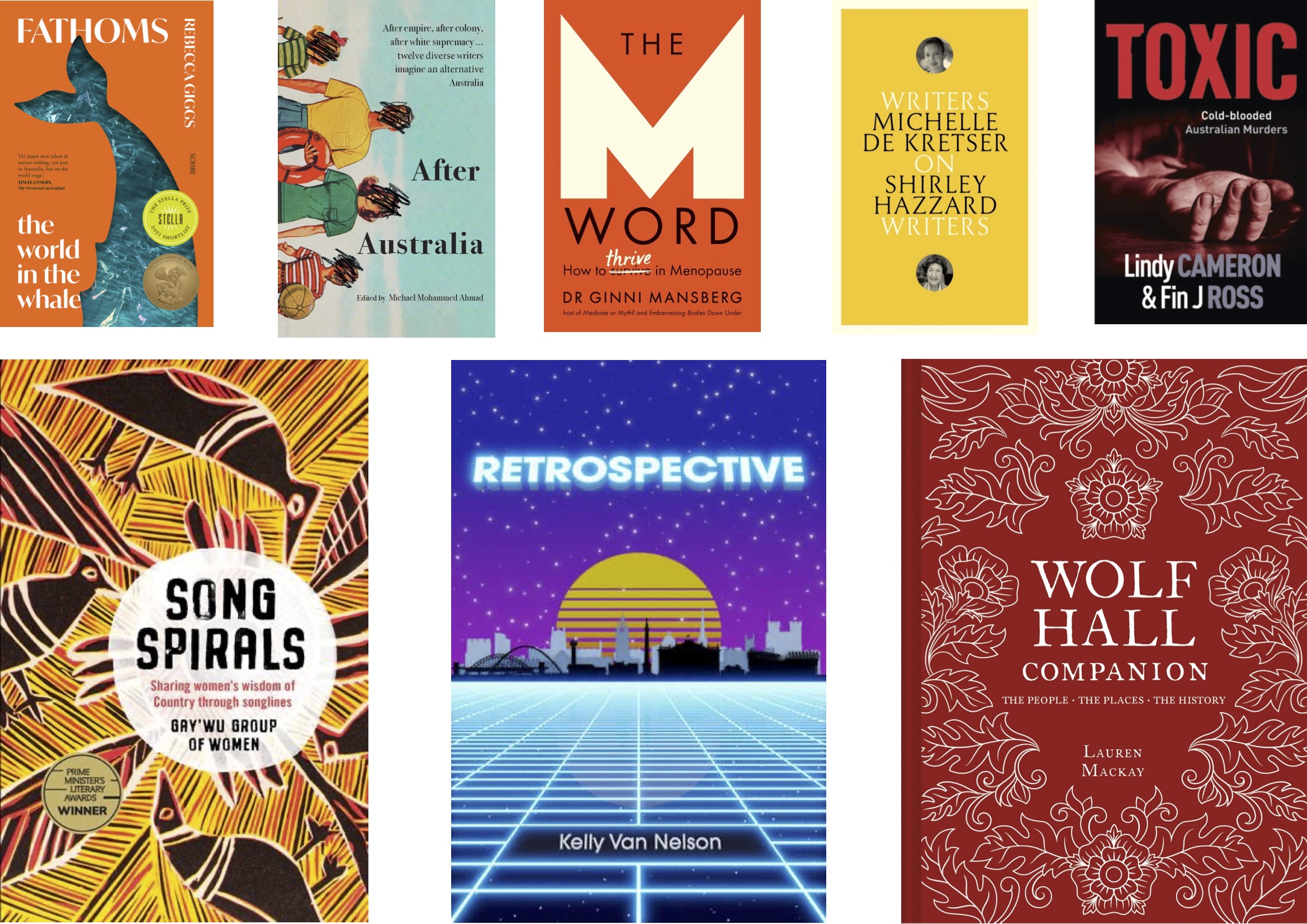
Hello Readers!
For June & July there was:
14 Reviews
10 Reviewers
14 Books Reviewed (3.5 poetry – one anthology contains poetry as well as other writing forms)
Each month was fairly comparable with 6 reviews for June and 8 for July. Of all 14 books that were reviewed 5 were new to the database. Covering a great variety of topics, these included 4 non-fiction titles Who Gets To Be Smart, On Shirley Hazzard, Wolf Hall Companion, and Toxic, as well as one poetry Retrospective.
The most prolific reviewer was: Brona at Brona’s Books with 3 books reviewed.
The most reviewed title this month was: all of them! As each title was reviewed once.
As always, click on the coloured quote from a review to be taken directly to it. And a quick reminder: this round up includes poetry submissions despite their not being non-fiction. It just came out in the wash that way!
– – –
Before proceeding please be aware that some of the books discussed below mention racism/colonialism, domestic violence, murder, and medical discussions related to menstruation. There is no description or imagery relating to these topics.
Aboriginal & BIPOC Voices
One of the privileges of being the editor of non-fiction and poetry is seeing the ways in which cultural and often ancient knowledge creates literary form. I don’t think it is coincidental that we see so many anthologies and genre-bending pieces from BIPOC authors—collaboration and community seem to be integral to what they do and how they do it. It’s hard not to see the wisdom and warning in this when considered within the highly individualistic and profiteering system that so often silences and harms them. Since BIPOC (Black, Indigenous, and People of Color) is a necessarily limiting and sometimes inaccurate term, I have tried to delineate that many of the four titles below are primarily by Aboriginal writers who although yes, Bla(c)k and Indigenous, are distinctly Aboriginal. However one anthology includes a range of POC authors, as well as one written in collaboration with white women.
The first of these anthologies was Songspirals (2019) written by the Gay’wu Group of Women and reviewed by Jennifer Cameron-smith at Goodreads. The Gay’wu Group, or the ‘dilly bag women’s group,’ is comprised of five Yolngu women and three non-Aboriginal women.
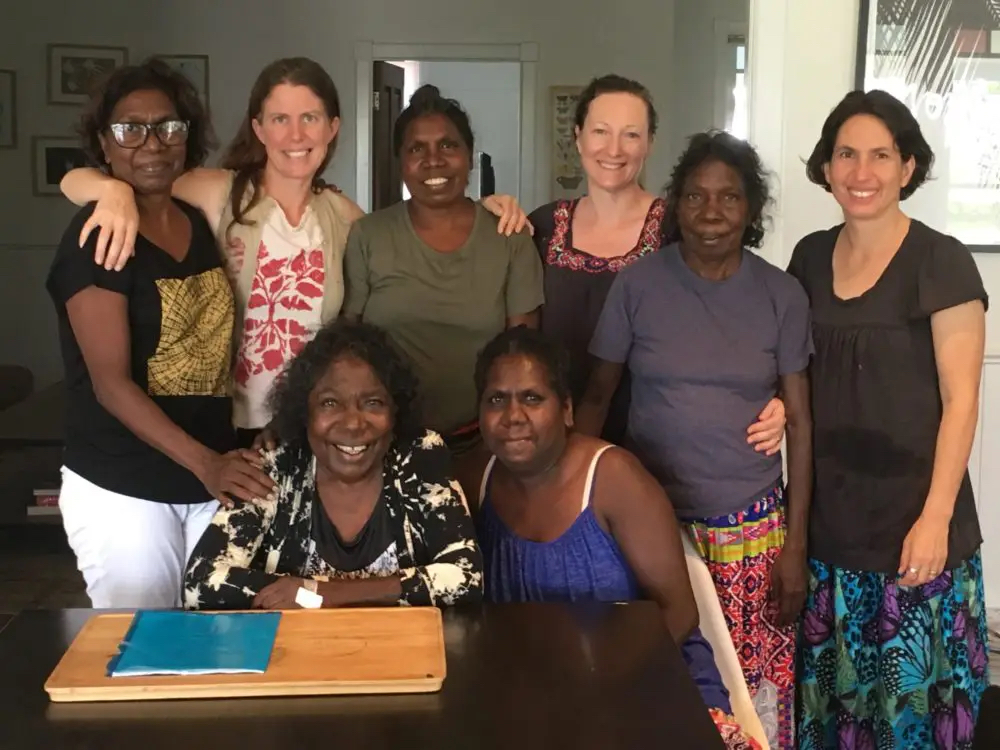
With thanks to the Stella Prize for this image of the Gay’wu Group, which appeared as part of Songpirals’ longlist nomination in 2020.
As the Wheeler Centre describes, the book “was written on Country by the Gay’wu Group of Women over 12 years, and the work produced is a deeply collaborative, lyrical, and rich telling of Yolhu Songspirals (also known as songlines or song cycles). Written by four daughters and one granddaughter of Gaymala Yunupihu and three häpaki (non-Indigenous) academics, there are no singular pronouns in this text; the collective author writes as ‘we/our/ours’ because song spirals are collective, layered, and communal stories, and could never be told by only one voice”.
The Gay’wu Group performing some of the Wuymirri (Whale) Songspiral at the NT Writer’s Festival
Jennifer’s review states:
Although this is only the second review of this book for the challenge, it won the Prime Minister’s Literary Award for Non-Fiction in 2020 and was nominated for a host of other accolades. As such I wanted to also link Denise Newton’s review from March 2020 which is thoughtful and insightful, and summarises it beautifully by stating: “There is so much wisdom in this book, so much to absorb, to try to understand and to think about. I thank the Gay’wu Group of Women for their teaching and their generosity.”
Also reviewed for the second time was the anthology After Australia (2020) edited by Michael Mohammed Ahmad and which includes 12 Indigenous writers and writers of colour providing a glimpse of Australia as it might be in the year 2050. It is a collection that incorporates both poetry and short stories where climate catastrophe, police brutality, white genocide, totalitarian rule and the erasure of black history provide the backdrop for stories of love, courage and hope. Veronica Strachan at Goodreads writes that “these tales of a reimagined past and future were fantastic, challenging, chilling and hopeful… Each story considered the theme After Australia, each brought a unique perspective”.
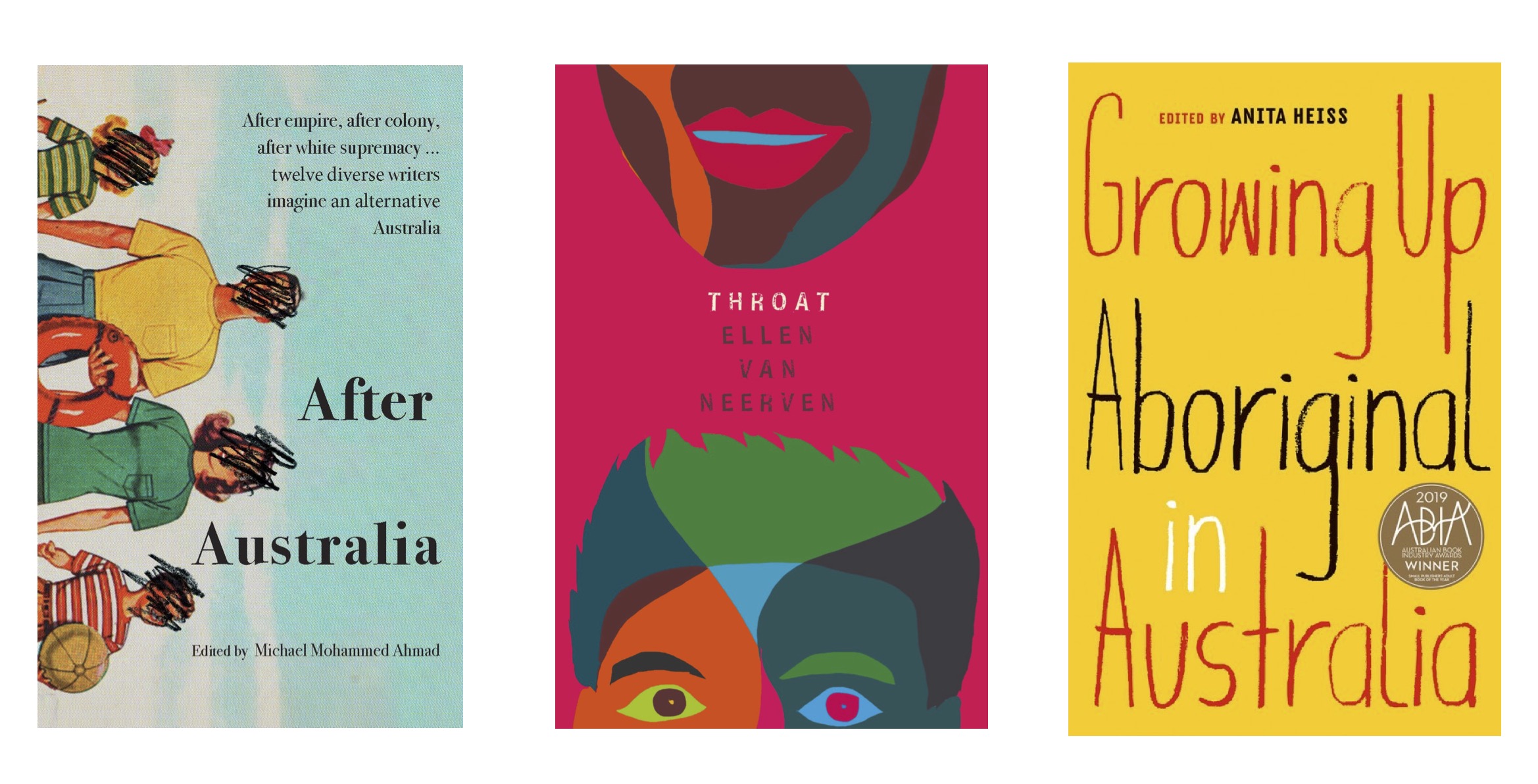
June also saw, for the fourth time now, a review of the poetry collection Throat (2020) by non-binary Mununjali Yugambeh writer Ellen van Neerven. A book of poetry that collides with, and absorbs into verse, complex and uncomfortable truths about Australia’s relationship with itself it is. It is, as this month’s reviewer Angharad Lodwick at Tinted Edges states, is a book about “colonisation, queerness and the tension between city and country”. With a very cool photo of the book’s cover, Angharad’s review also seamlessly navigates between the literary and reality, putting Throat into historical and cultural context (unfortunately but predictably the latter due to racist backlash) but doesn’t lose the poetics van Neerven deliberately deploys including the “exceptional and innovative use of structure”. As Angharad concludes: “There is so much to think about in this book…van Neerven is a deeply profound poet whose work is the finger on the pulse of this nation.”
Our last anthology, Growing Up Aboriginal in Australia (2018), has been reviewed eight times now but the latest look by Jonathan Shaw shows its continuing relevance. Containing 52 essays by a range of Aboriginal contributors, it is part of Black Inc’s “in Australia” series that includes Growing Up Disabled and Growing Up Queer amongst others. Jonathan’s reviews are always informative and reflective, and as he astutely observes “I’m coming to this book late, but it’s a book that will remain fresh for a long time yet.” I recommend the review in full but to give you a little taste of what it says of the book, one lesson to be learned about racism is how the “sameness of attacks stands in striking contrast to the tremendous variety of the life stories.”
Special Mentions (x3)
The only new-review of a poetry book was Kelly van Nelson’s Retrospective (2021) reviewed by Theresa at Theresa Smith Writes. It is described as another edgy poetry collection packed with explosive emotion and pulsing with candid insights into the underbelly of urban life from the award-winning Australian poet. Theresa writes that “razor sharp hindsight is infused throughout this entire collection and I could feel the anger simmering beneath the words. Retrospective is an autobiographical poetry collection, deeply honest and raw, at times painful to contemplate, but ultimately empowering.” It is a collection of contemporary poetry that takes you on a journey through the difficult teenage years of trying to make sense of a confusing, often unsupportive world and evokes many provocative feelings of a time long past.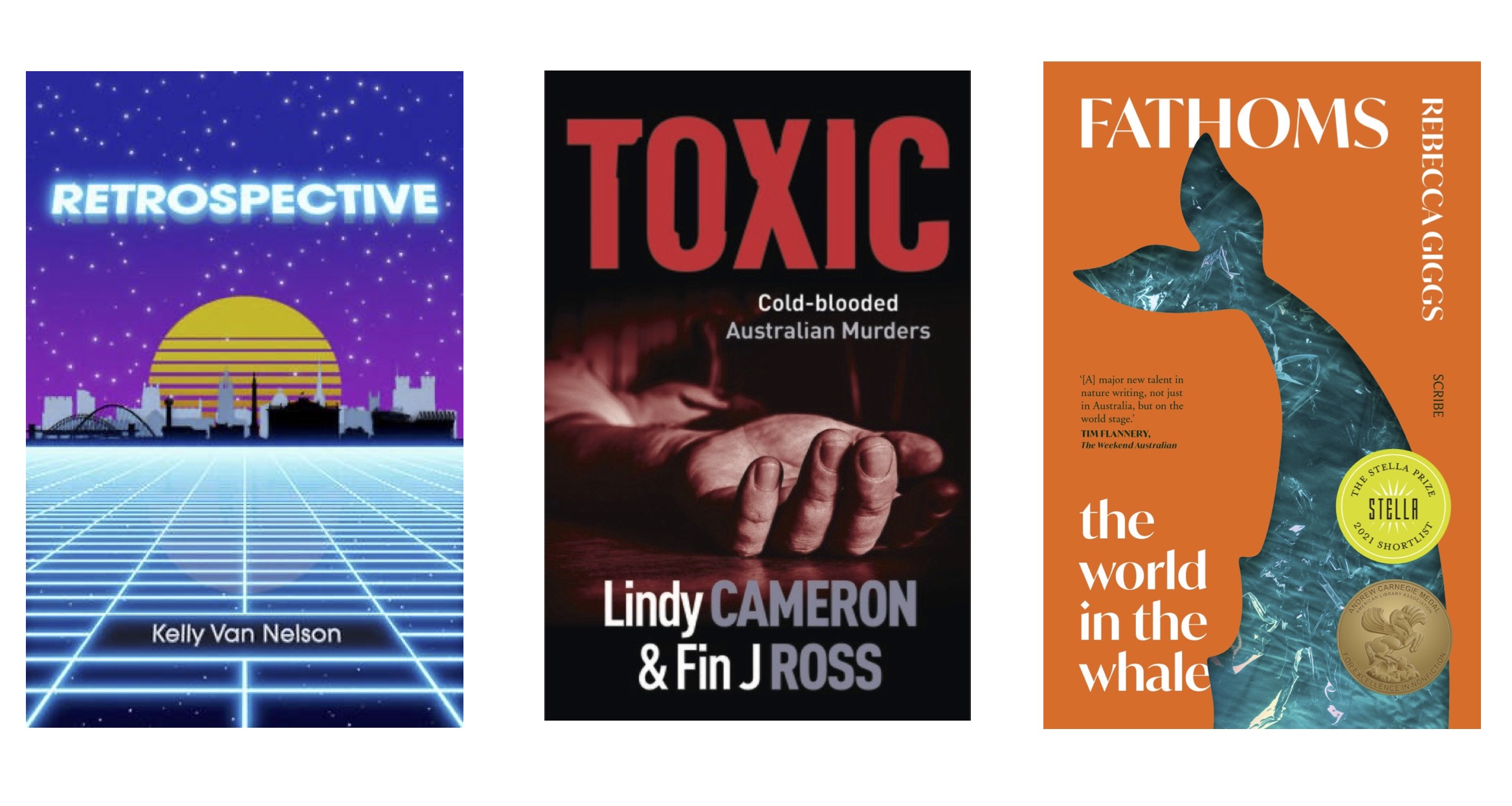
Another new-review, from the completely different genre of true crime, comes from Jennifer Cameron-smith at Goodreads who is always on the ball with Australian crime titles. In June it was for Toxic: Cold-Blooded Australian Murders (2021) by Lindy Cameron and Fin J Ross. This is the third time these Australian sisters have joined together to bring about a crime collection. It focuses especially on the toxicity that precipitates murder and covers a series of Australian murders across thirteen chapters, mostly committed by family members. Jennifer writes that they “identify toxic personality traits which, broadly speaking, are about control and entitlement. There’s discussion of toxic masculinity (most murders are committed by men) but recognition that women (with toxic personality traits) also kill.” But she goes on to suggest that while we can recognise the pattern of these traits in such confronting crimes, like the book itself, she is left “with more questions than answers.”
I have to admit the last special mention is a little self-indulgent as it has been reviewed multiple times but this is the first time since I became the editor of non-fiction. But it just sounds like such a fascinating title! Rebecca Giggs’s Fathoms: The World in the Whale (2020) was reviewed by Kate at Books Are My Favourite and Best who highly praises it stating “like any book I loved, it’s impossible to know where to start and my inclination is to simply say ‘just read it’.” (So true!) ‘The world in the whale’ is both literal and metaphoric which Giggs uses to gives us a vivid exploration of the natural world’s centripetal force, the ocean—even as she addresses what it means to write about nature at a time of environmental crisis. Kate goes on to say:
Uterus-Related Health
For just the second time Bridget Hustwaite’s How to Endo (2021) was reviewed. Covering everything from diet to acupuncture, fertility to mental health, and surgery to sex, it is guide to navigating the debilitating and chronic illness that is endometriosis.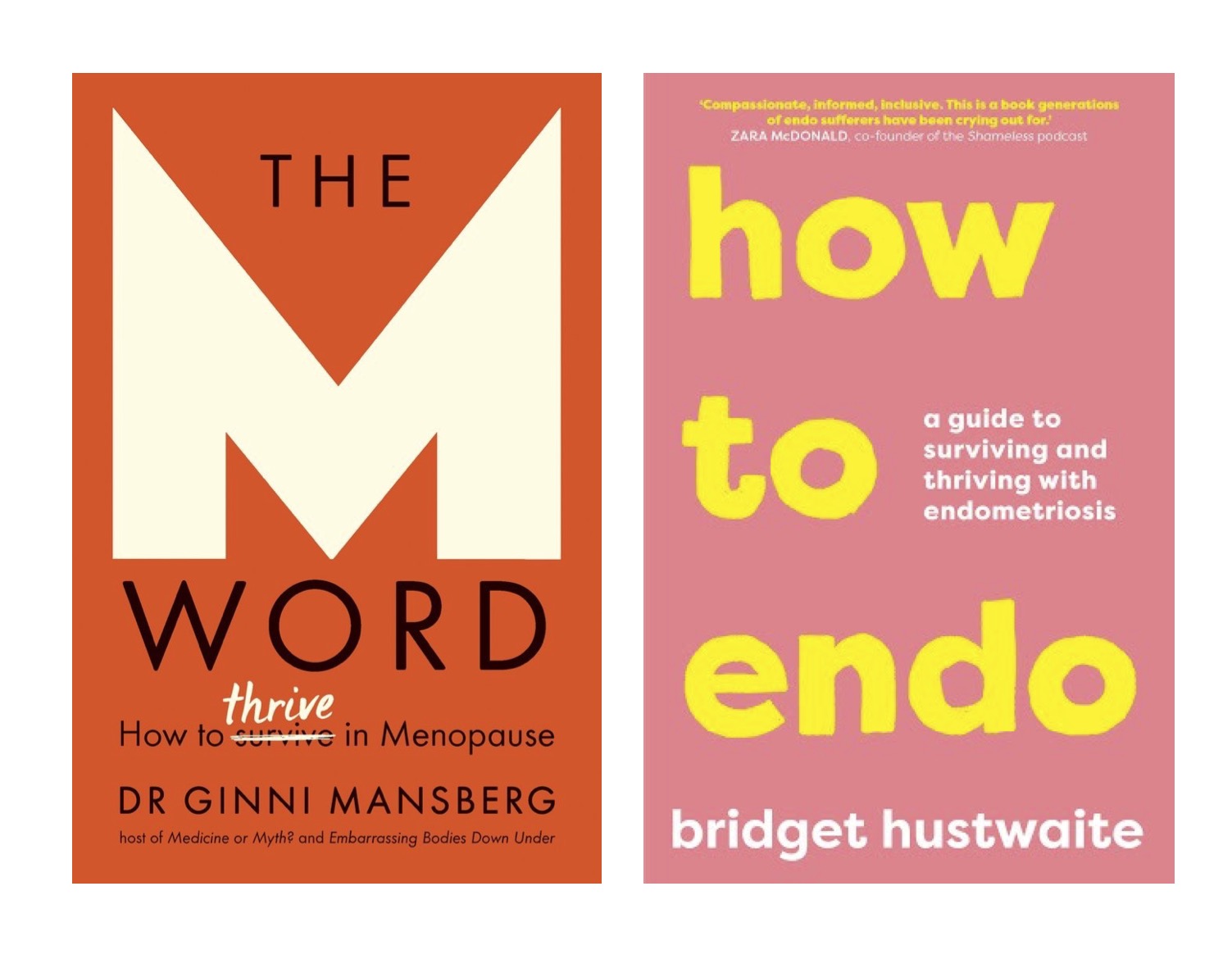 Ebony at Underground Writers says “in this perfect starter’s pack—complete with definitions, consultation preparation, and general self-care practices—Hustwaite blends experience and research to ensure the Endo journey is that little bit easier.” Beyond the importance of educating oneself, Ebony also highlights the relevance of care, stating “As a reader who neither has nor knows someone with Endometriosis, I was surprised to find myself feeling acknowledged and addressed simply as a person who can be advised on how to take better care of myself.”
Ebony at Underground Writers says “in this perfect starter’s pack—complete with definitions, consultation preparation, and general self-care practices—Hustwaite blends experience and research to ensure the Endo journey is that little bit easier.” Beyond the importance of educating oneself, Ebony also highlights the relevance of care, stating “As a reader who neither has nor knows someone with Endometriosis, I was surprised to find myself feeling acknowledged and addressed simply as a person who can be advised on how to take better care of myself.”
Also in July was a review of Dr Ginni Mansberg’s The M Word: How to Thrive in Menopause (2020). It challenges the misinformation and taboos around menopause by the Sydney-based GP-come-author with 30 years experience in women’s health. I found Brona at Brona’s Books review to be candid and informative (a great mixture!). Brona writes: “I found her writing style to be very easy and relaxed to read. She included lots of practical tips and advice, backed up by the science and stats. All of which I found to be positive, supportive and inclusive.” But the review must be read in full to get the full measure of what Brona has to say as she simultaneously reviews 3 books on menopause.
Books About Writing
Books about books is one of my favourite genres. I am fascinated by literary criticism in all its varieties. Brona at Brona’s Books reviewed two such titles in June and both were first time additions which is wonderful. These were the Wolf Hall Companion (2020) and On Shirley Hazzard (2019). Ever reliable Sue over in the Classics round up for June already had a wonderful discussion about these titles which I have replicated below or you can click on the link above to read the whole round up!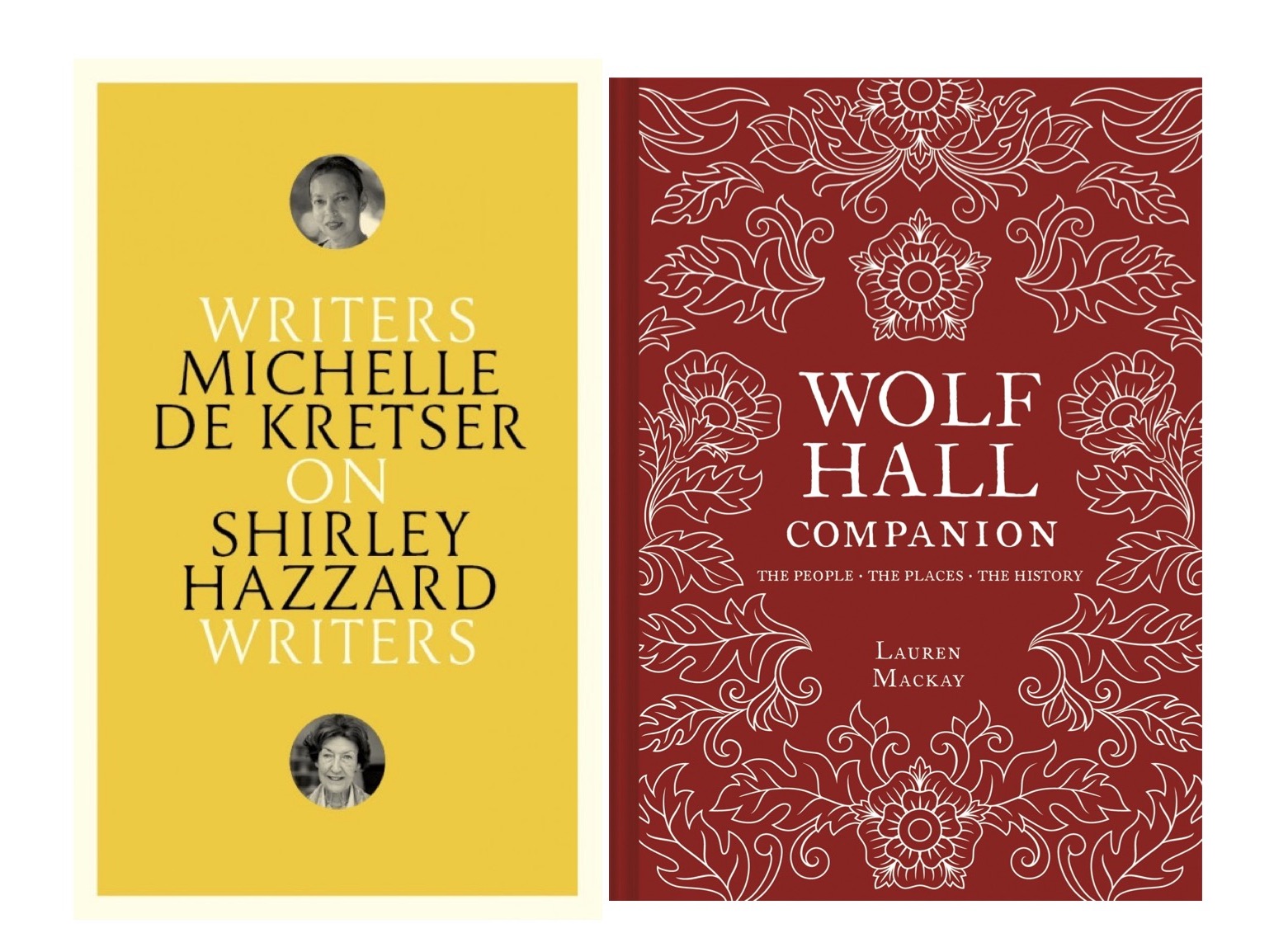
“While the Challenge’s “literary” form/subgenre is mainly applied to books that are “literary” in style or quality, it can also be applied to books that are about literature, about writing. Two such books were reviewed this month.
The first one will surprise you, as it did me, as it is the Wolf Hall companion by Lauren Mackay! Wolf Hall, you ask? Yes, because as you’ve probably guessed, the author is Australian, though she now resides in the UK. Reviewer Brona (This Reading Life) says she will be passing on her Wolf Hall trilogy novels, but will be keeping this! The book is comprehensive, providing background both to the period in which the books are set and to Mantel’s evocation of it in her books. To find out all that such a companion includes, read Brona’s review. Her assessment is that it is “Highly recommended for fans of the trilogy and lovers of literary companions.”
The other book comes from Black Inc’s Writers on writers series, and was also reviewed by Brona! The book is Michelle de Kretzer’s On Shirley Hazzard. Brona has read two from the series, which now comprises 9 books, as have I, and what we’ve noticed is that they vary greatly in how the writer chooses to approach their writer. Brona says about her two: “Earlier on this year, I read Josephine Rowe’s On Beverley Farmer. It was a very literary affair. De Kretser’s book is more conversational and more casual in tone”. The two I’ve read focus particularly on one novel by the writer being written about, but apparently not so Kretser who, writes Brona, “takes time with each of the novels to discuss their themes and her personal reactions, along with various snippets about the writing process and Hazzard’s writing techniques…”
I love Hazzard and de Kretser, so this is certainly going on my TBR.”
What About ‘Negative’ Reviews?
Being a reviewer myself (as well as an editor here) I often find myself wondering about the usefulness and impact of ’negative’ reviews. Everyone who contributes to the AWWC does so because they want to lessen the divide in Australia of reviews based on the gender of the author. We want to champion the fabulous and fundamental contribution women make to our national literary culture. This poses many complexities, not least of which is the question of whether giving a book a poor review is undercutting this goal. 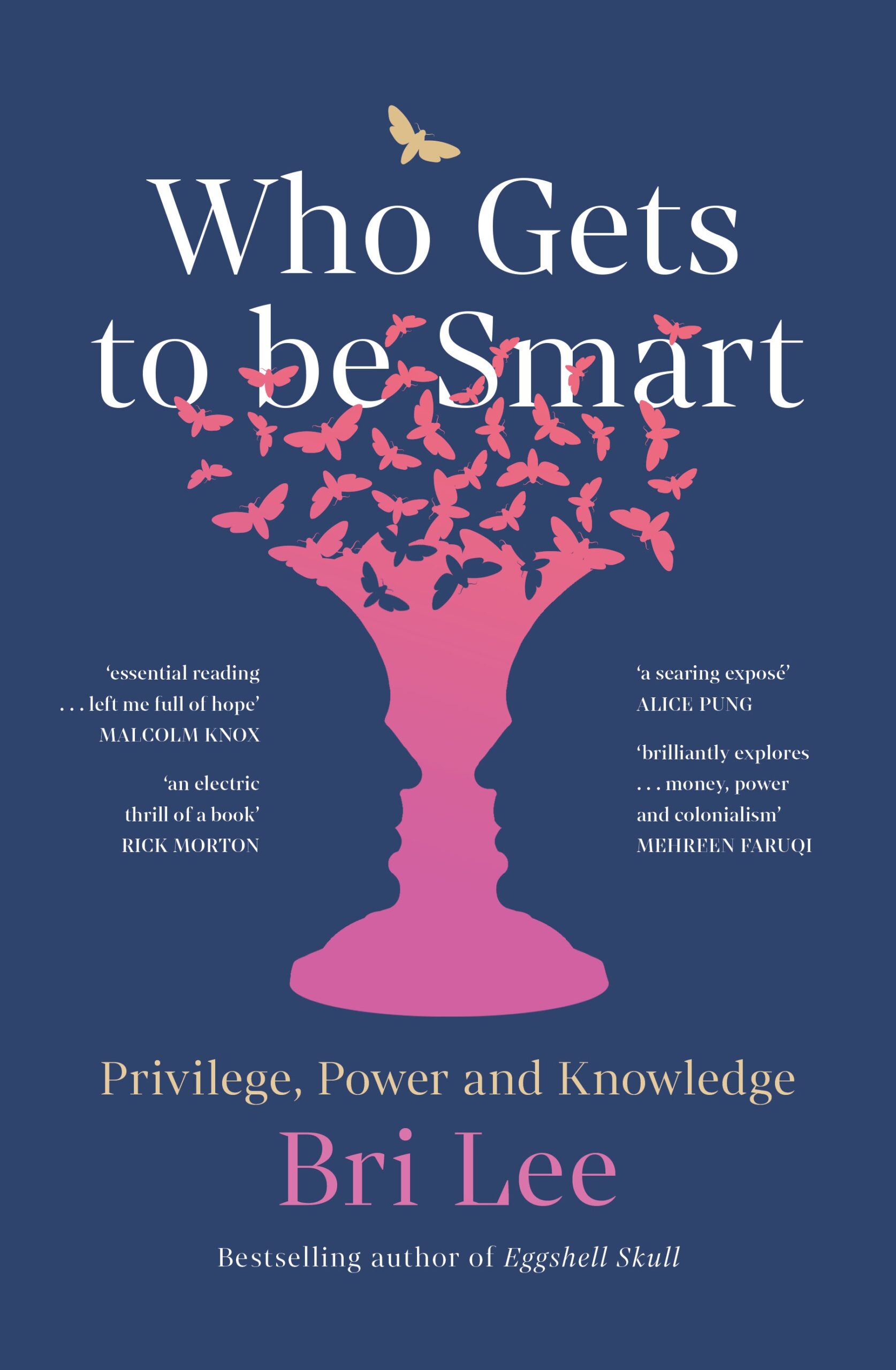 When contemplating whether to include these reviews within a roundup, the difficulty certainly feels exacerbated. I found myself confronting this with July’s review of Bri Lee’s newest title Who Gets to be Smart (2021) which was reviewed for the first time for the challenge by Shellyrae at Book’d Out. The review itself is judicious and gives the book 3 stars but clearly signals concerns that are echoed by other online reviews. Shellyrae says: “The majority of Lee’s observations about the ways in which knowledge is controlled by those with privilege and power seem obvious to me… [and] occasionally followed paths that didn’t really connect to the central premise.” However, Shellyrae is hopeful the combination of research and anecdotes will “spark discussion about inequality in educational access and success that will lead to change.” I don’t know where this leaves any of us in terms of reviewing books we may not necessarily have found value in. Or worse, that we think are harmful. Personally, I want to know if (and why) people aren’t liking a title but I also find myself falling on the side of wanting to use my reviewing time and effort for books I love and think others would benefit from reading. Of course, please continue submitting all your reviews wherever they fall. And send in more reviews of Who Gets to be Smart so we can hear more on it.
When contemplating whether to include these reviews within a roundup, the difficulty certainly feels exacerbated. I found myself confronting this with July’s review of Bri Lee’s newest title Who Gets to be Smart (2021) which was reviewed for the first time for the challenge by Shellyrae at Book’d Out. The review itself is judicious and gives the book 3 stars but clearly signals concerns that are echoed by other online reviews. Shellyrae says: “The majority of Lee’s observations about the ways in which knowledge is controlled by those with privilege and power seem obvious to me… [and] occasionally followed paths that didn’t really connect to the central premise.” However, Shellyrae is hopeful the combination of research and anecdotes will “spark discussion about inequality in educational access and success that will lead to change.” I don’t know where this leaves any of us in terms of reviewing books we may not necessarily have found value in. Or worse, that we think are harmful. Personally, I want to know if (and why) people aren’t liking a title but I also find myself falling on the side of wanting to use my reviewing time and effort for books I love and think others would benefit from reading. Of course, please continue submitting all your reviews wherever they fall. And send in more reviews of Who Gets to be Smart so we can hear more on it.
Last But Not Least…
Also reviewed this month were popular titles With My Little Eye (2021) and See What You Made Me Do (2020) which have been well-covered in previous round ups. Both were reviewed by Katie Elder and you can read the reviews here and here. The review of See What You Made Me Do is particularly insightful as Katie works in the domestic violence sector and puts the book in a larger context. It is well worth a read in full (including the comments).
Thanks to all the Reviewers
Here is a list of the reviewers mentioned this month and where you can find their work. Visit them, if and when you can. Say that I sent you!
-
- Brona — at Brona’s Books
- Jennifer Cameron-smith — here at Goodreads
- Veronica Strachan — here at Goodreads
- Angharad Lodwick — at Tinted Edges
- Jonathan Shaw — at shawjonathan.com
- Theresa Smith — at Theresa Smith Writes
- Kate — at Books Are My Favourite and Best
- Ebony Bryant — at Underground Writers
- Shellyrae — at Book’d Out
- Katie Elder — here on Instagram
- Denise Newton — at Denise Newton Writes
Until Next Month!
Happy Reading 🤓📚
And remember, you can join the Australian Women Writers Challenge at any time. You don’t need a website or even a Goodreads account. You can post your review on Facebook, Instagram or any other online medium – Sign Up for the Challenge or Add Your Review now.
By Tegan Edwards
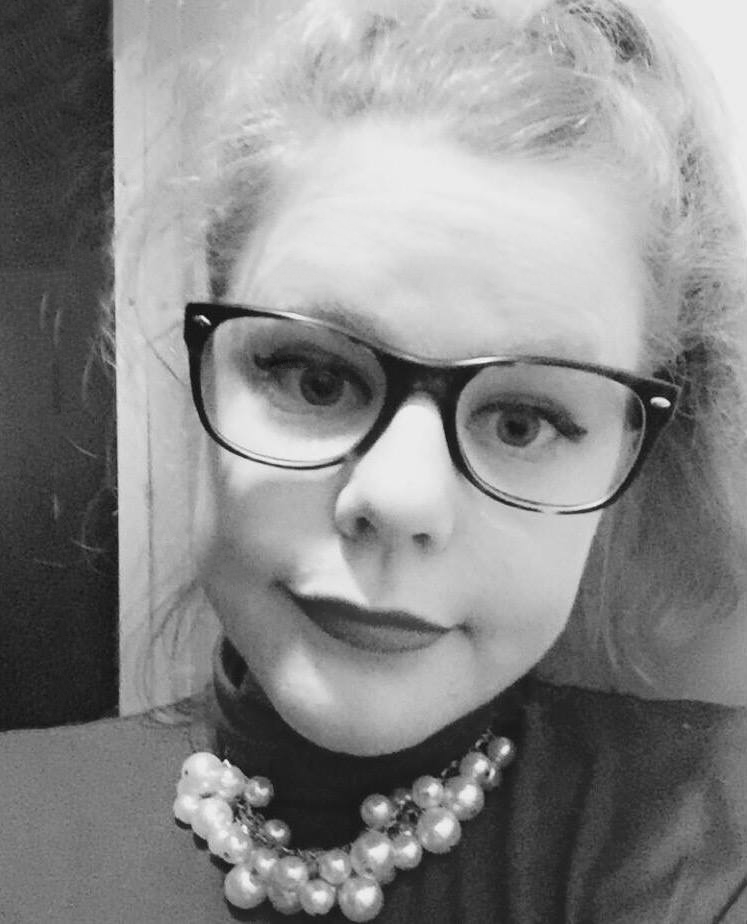 I write about stories and language at Slant Postscripts. I’ve worked extensively on nineteenth century fiction by women and decided it was high time I was more acquainted with books from this period that are closer to home. Did you know that the first book ever published on mainland Australia was by a woman? I have a project about it coming soon.
I write about stories and language at Slant Postscripts. I’ve worked extensively on nineteenth century fiction by women and decided it was high time I was more acquainted with books from this period that are closer to home. Did you know that the first book ever published on mainland Australia was by a woman? I have a project about it coming soon.
I write mostly about literary history and fiction which make up much of my research work. However my more personal writing often deals with different concepts such as illness, interpretation, trauma, injustice, and melancholia. Add me on Goodreads – I’d love to see what you’re reading!

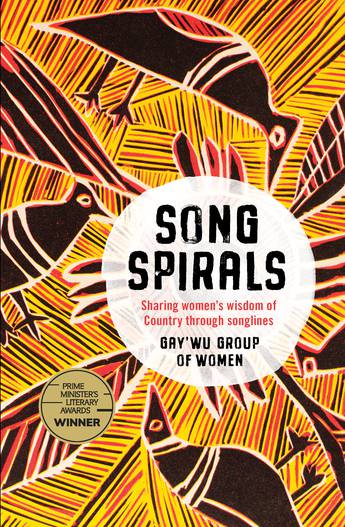
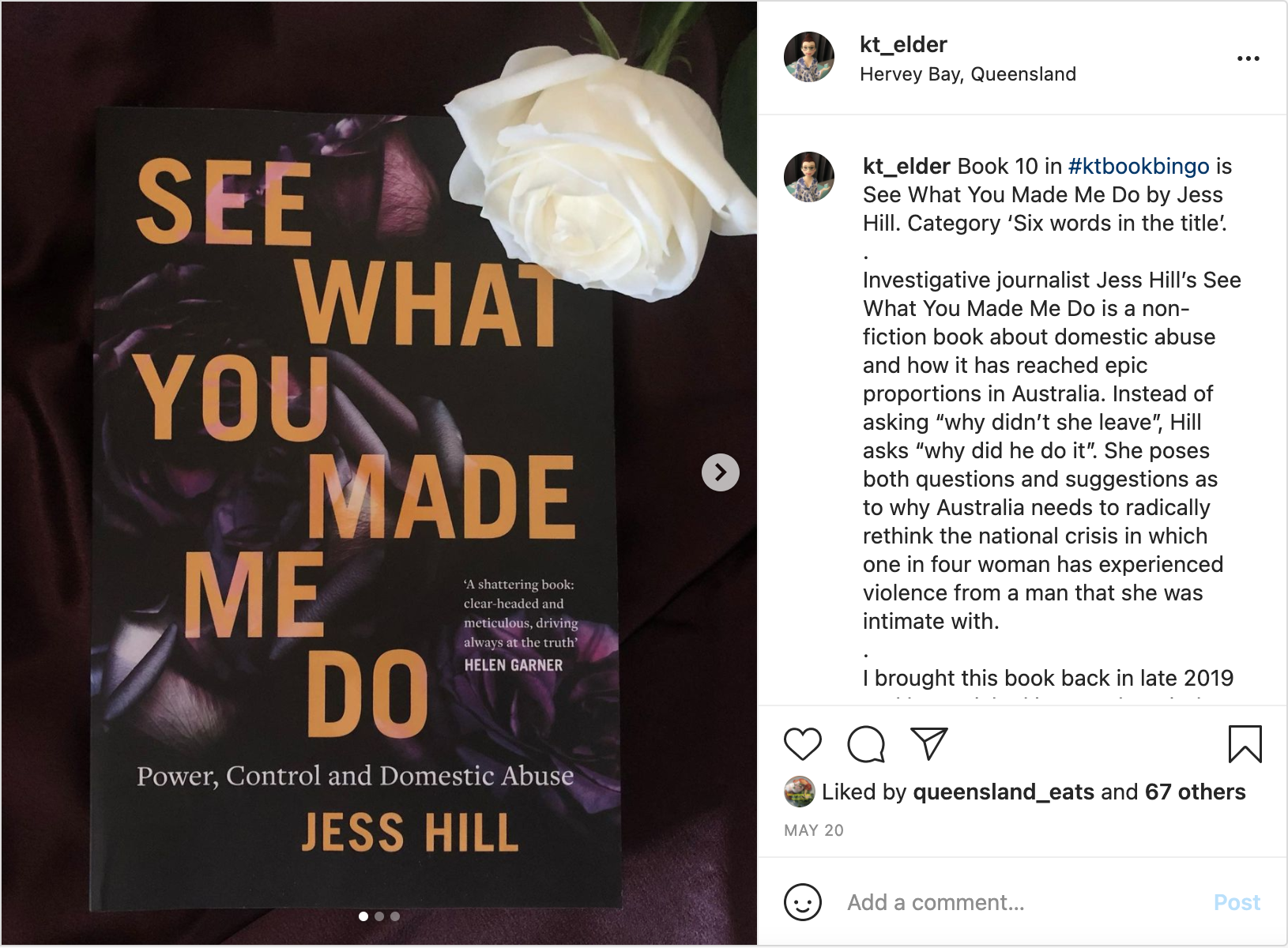




Thanks for all the shout-outs in this round-up Tegan. And welcome to the non-fiction editor role. I did it for several years and thoroughly enjoyed seeing all the diverse titles read by our reviewers. I also took on the poetry role halfway through my time, which is why non-fiction and poetry and have become a little mixed up I think.
The less than positive reviews are tricky I admit. On your own blog they can be an instructive way for your regular readers to get to know what you do and do not like and why. It becomes part of your relationship. But on here, it’s a more complicated beast. I’ll be curious to hear what Sue has to say 🙂
Yes, big shoes for me to fill Brona! Luckily I have such good submissions like yours and I’m absolutely chuffed the poetry was added on. That’s so true about about less than positive reviews on your own blog, what an interesting way to think about it. I certainly take more notice of negative reviews from people I have come to ‘trust’ with their literary opinions.
Sometimes I’m just a little paralysed by the idea that this person sat down and invested so much time and effort into writing a book and here I am fighting against feeling obliged to find redemptive elements. Too caught up in my own head I think!
Really interesting round up as always Tegan. There are some books here I really want to read – De Kretser on Hazzard of course as you’ve quoted me on that (!), and Song spirals. I have my eye on Throat too.
I enjoyed reading your comment on negative reviews. I do use them occasionally in my round-ups because I think it makes us “real” but I do so judiciously by which I mean ones which are thoughtful about what they don’t like. However, I’m with you and want to use my reading and reviewing time on books I think have something to offer.
It was a rough couple of months here so bless you for the books about books section. Yes I agree about negative reviews needing to be thoughtful… perhaps this is half the hesitation? It sure is a different kind of work than revelling in something you loved! And in the end, it is can never escape some amount of subjectivity
Thanks for the inclusion of my poetry review!
I really wanted to read her ‘Punch and Judy’ collection but my local library didn’t take my suggestion for purchase. I’ll have to get my own copy
That’s a shame about the library not buying it!
Loved the long wrap up Tegan and enjoyed your thoughts on including negative reviews in these AWW wrap ups, it’s an interesting thought to ponder. Really looking forward to your next non fiction wrap up 🙂
Thanks Tracey 😊 You’re the best for commenting so often
That’s so nice of you to say Tegan 😊 keep up the great work!